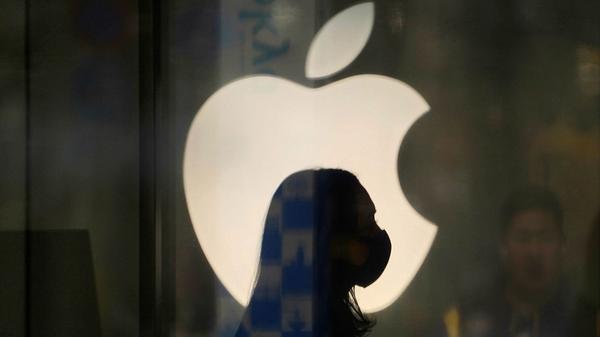Less than four years ago, when Apple’s stock market value hit $1tn, it felt like a high point for tech stocks. So who would have thought that, in the dying days of 2021, the company that redefined consumer technology would already be on the brink of topping $3tn?
This will go down as a historic period for tech investment. A strong secular growth market, supported by unusually conducive financial conditions, has been capped by a pandemic that forced a stampede into digital services.
The gains from 2021 were not evenly distributed. Some corners of the industry (such as ecommerce) cooled after a red-hot 2020, while some tech stars that shot to prominence early in the pandemic (think Zoom and Peloton) have fallen heavily. But, looked at broadly, the rise of tech, and the disproportionate gains seen by the largest companies in particular, have continued to underpin the wider market rally.
Whether it will last through 2022 is another question. The secular trends that have made digital an increasingly important part of the economy are still in place, and regulators have done nothing yet to dislodge the most powerful tech platforms. But the immediate tailwinds that sustained the latest tech rally are weakening, and a number of headwinds make the coming year more uncertain.
Twelve months ago, the five biggest tech companies — Apple, Microsoft, Google, Amazon and Facebook (now Meta) — were looking ahead to a year in which their aggregate revenues were expected to increase by 13 per cent. Something similar is forecast for 2022 as well. Things in 2021, though, turned out much better: when the final figures come in next month, annual revenue growth for the five companies is expected to hit 27 per cent. The rebound in digital advertising, demand for new gadgets, and a surge in spending on cloud and other digital services turned out to be much stronger than projected.

This massive outperformance has extended the Big Tech rally. The group added $2.7tn in market cap this year, for a rise of 36 per cent. That doesn’t match the pandemic-induced bounce of 55 per cent the previous year, but it still tops the 30 per cent advance in the S&P 500.
That kind of revenue growth and stock market outperformance will be hard to sustain against more challenging market and financial conditions. Low inflation and the benign monetary policy that accompanied it were a boon to tech. On one hand, it pumped cash into the market and inflated valuations; on the other, it produced low bond yields that reduced the discount rates that are used to value future profit streams. As rates rise, that inevitably hurts the valuation of growth companies whose best years lie far ahead.
The question now is how much of this is already reflected in the market. The prospect of rising rates wiped around one-quarter from the share prices of high-growth software stocks after the start of November, before a partial bounce in the second half of December.
Many parts of the tech industry are also entering a period of slower growth as year-on-year comparisons become more challenging. Last year’s boom in ecommerce saw online sales in the US jump 38 per cent in the final quarter. By comparison, growth this year is likely to only just creep into double digits.
At the same time, the likely level of underlying demand is getting harder to assess. How much have consumers’ digital habits changed and how much will they go back to old ways of working and playing if the pandemic eases?
Companies that increased their digital spending seem less likely to go back. But if they brought forward tech spending that had already been planned in order to get through the crisis, that could eat into future spending. After so much continued upheaval to their work processes during the pandemic, companies may also feel there is only so much change their organisations can cope with at once, leading them to slow some of their digital transformation plans.
That said, the underlying secular trends look as strong as ever. The pandemic has only underlined the need for transformation to increase business flexibility. Cloud computing is only just beginning to eat into most established IT workloads, while ecommerce still only accounts for around 15 per cent of retail spending in the US.
All of this leaves plenty of room for longer-term growth. But after recent gains and with the immediate outlook looking less certain, another stellar year for tech stocks is getting harder to count on.
richard.waters@ft.com




